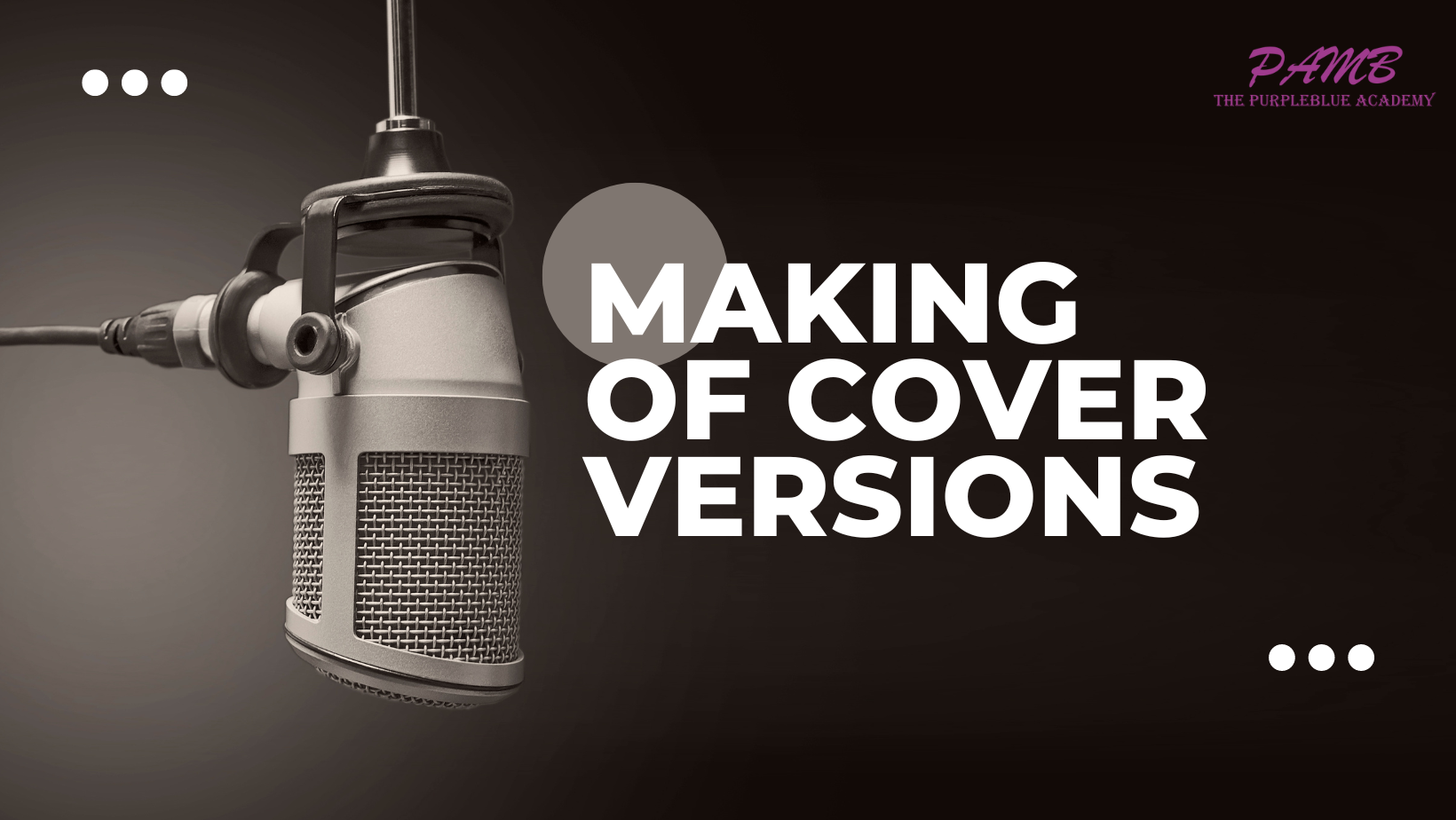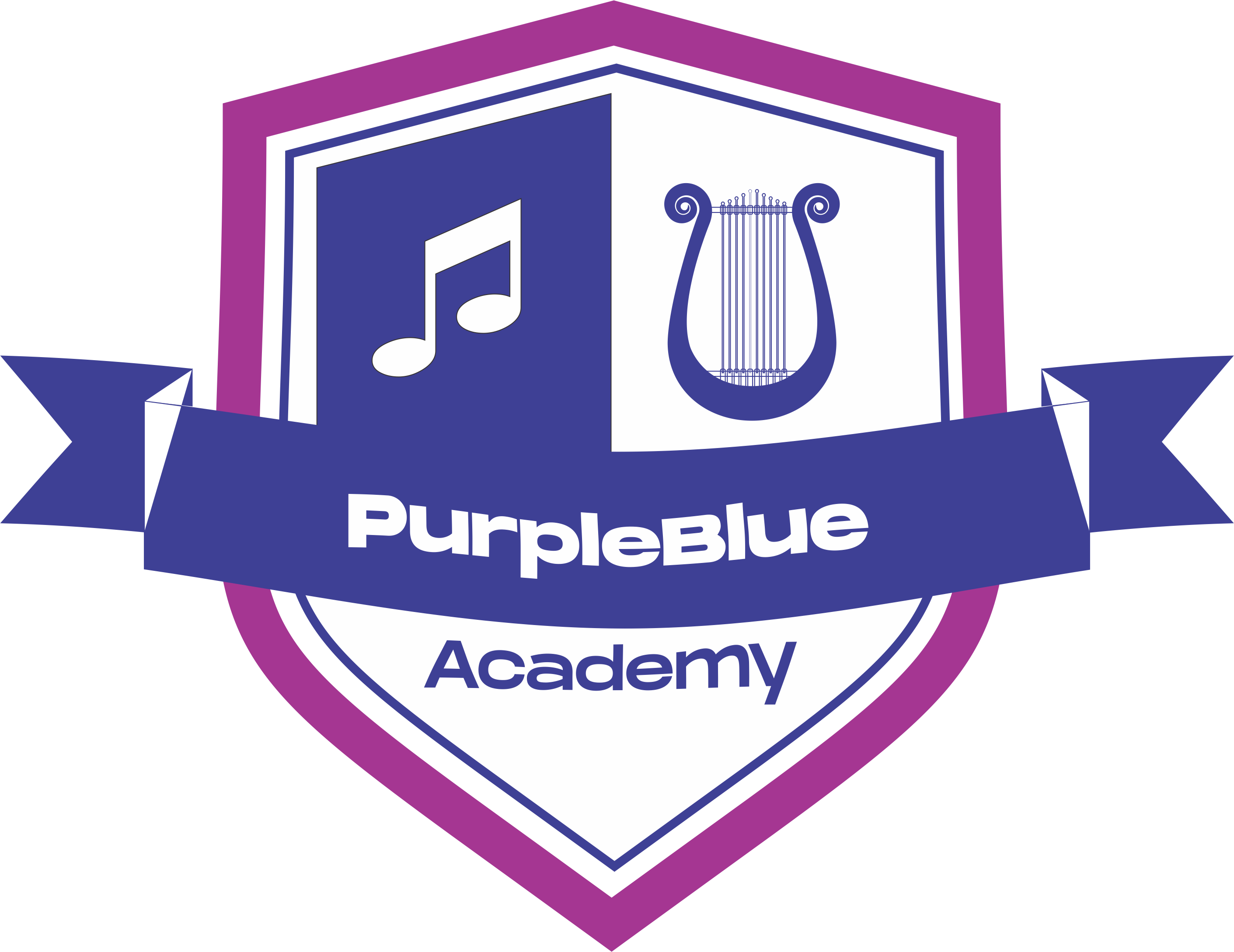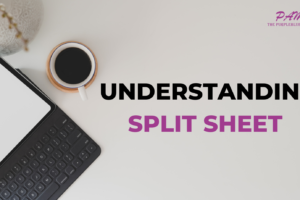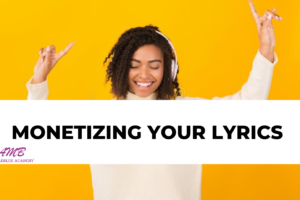
Making of Cover Versions
The making and distribution of cover versions or songs are spreading so fast and wide especially with artistes who want to re-ignite the nostalgia associated with old tunes. This is a common practice in the music industry. The creation and distribution of cover versions have most times, helped announce an artiste or helped an artiste break into limelight.
With advancement in digital technology, this practice has become widespread with different digital platforms becoming enablers for anyone who wants to quickly do a cover of an existing song.
Though the moment a song is released into the public domain, anybody may decide to make a cover of that original song, as long as, the person who intends to make a cover meets certain prescribed conditions as laid down by a country’s copyright competent authority. The consequence of not meeting these prescribed conditions may lead to infringement of the right of the copyright holder by the covering party.
The copyright law grants certain exclusive or monopoly rights to creators of original works, which enable them to either by themselves or permit others, to produce or reproduce their works in any material form, publish their works, perform their works in public, distribute their works to the public, broadcast or communicate their works to the public or make any adaptation of their works.
Therefore, to make and distribute a cover song, the artiste or person who intends to make and distribute the cover must obtain some form of permission from the copyright owner or his or her authorised agents.
To ensure that artistes or persons interested in making covers of original songs are not discouraged or made to pass through complicated licensing processes, the copyright laws of some countries have created a statutory licensing arrangement for this purpose.
A statutory licence is a licence specifically granted by statute and not by the copyright owner under which works in which copyright subsists can be used freely on the conditions that the prescribed notice and fee set by the copyright competent authority (in our case in Nigeria; Nigerian Copyright Commission (NCC)) has been given and paid by the covering party.
Under a statutory licence regime, once the covering party has completed the conditions prescribed by the copyright competent authority, the licence is deemed granted and furthermore, as long as, the author of the work is acknowledged and kept informed of who is exploiting his or her work.
The third schedule of the Nigerian Copyright Act gives an example of a statutory licence system where it gave special exceptions in respect of a sound recording of a musical work.
The third schedule provides that any person can make a cover version of an existing recorded work based on the following conditions being fulfilled by the person who intends to make the cover version:
- If records of the work, or as the case may be, of a similar adaptation of the work, have previously been made in, or imported into Nigeria for the purpose of retail sale, and were so made or imported by or with the licence of the owner of copyright in the work; –
(However, paragraph 7 of the third schedule places the responsibility on the phonogram producer (label) or artiste who wishes to record a new version of an existing recording, to make the necessary prescribed inquiries to ensure that the copies of works on sale in Nigeria are legitimate copies. It will be assumed that the copies of the works on sale in Nigeria have been authorised by the copyright owner if he fails to reply to the prescribed inquiries of the phonogram producer (label) or artiste.
Since the contact of the copyright owner may not be known by the phonogram producer (label) or artiste who wishes to record a new version of the existing recording, it is always advisable that the persons intending to make a cover version, contact the local collective management organisation (CMO) for advice and direction. The CMO should be in a position to respond to the inquiries since in most cases, it represents these creators or artistes and be able to receive the prescribed notices and prescribed fee (royalty). - The phonogram producer or artiste gave to the copyright owner the prescribed notice of his intention to make the recording;
- The phonogram producer intends to sell the record by retail or to supply it for the purpose of it being sold by retail by another person or intends to use it for making other records which are to be sold or supplied;
- In the case of a record, which is to be sold by retail, the phonogram producer or artiste pays the copyright owner in the prescribed royalty in a prescribed manner and at a prescribed time.
It is, however, sad that despite the deluge of cover versions of existing works made in Nigeria in the past three decades and requests, presently, the prescription necessary to give effect to this process is yet to be made by the relevant authority.
I recall that between 2013 and 2014, the Nigerian Copyright Commission (NCC) produced a draft regulation titled, Copyright (Record Production and Adaptation) Regulations 2013,
which draft was forwarded to some copyright practitioners and stakeholder groups for comments and possible inputs. This author, as CEO of a CMO was part of the team that worked with the NCC and some brilliant colleagues in the industry, on the draft and the suggested inputs and amendments were sent back to the NCC for its considerations and final adoption. It is equally sad that this effort never saw the light of day and the regulations and its attendant benefits for the music industry in Nigeria have remained in limbo.
I wish to appeal to the relevant authority to immediately take the necessary and appropriate steps to ensure that these prescriptions are made so that stakeholders wishing to make cover versions (making of new records of previously recorded musical works), remixes or adaptations and/or samplings (making of new records consisting of a prior records or sound recordings of a musical works) can do so, without infringing on the copyright of other creators.
In the interim, whilst the music industry in Nigeria waits for these prescriptions to be activated by the relevant authority, every covering party must ensure that all royalties accruing to the composer or his estate is duly paid.
Thank you and stay safe.
CHINEDU CHUKWUJI, PhD
Chinedu Chukwuji is a Copyright and Music Business Expert, Lead Consultant at PurpleBlue Entertainment Solutions and founder of PurpleBlue Academy of Music Business



